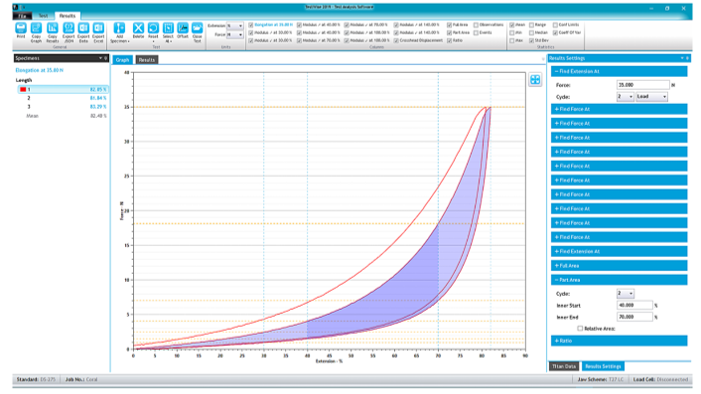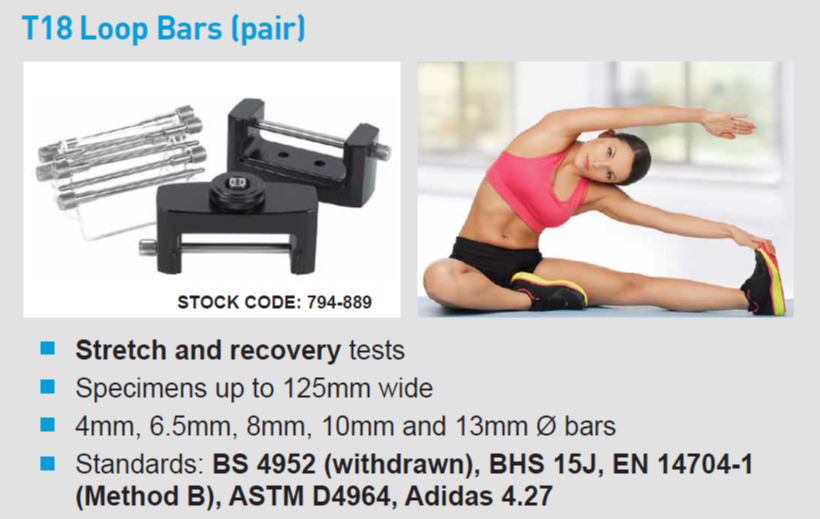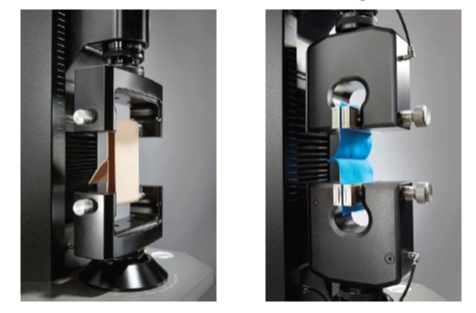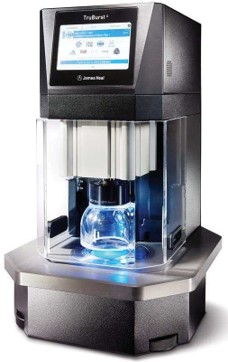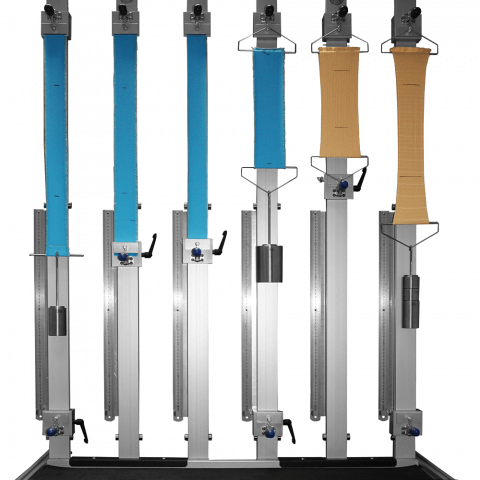Stretch & Recovery Test
Stretch & Recovery properties play a crucial role in determining the durability, comfort, and shape retention of fabrics during use. Especially for sportswear, swimwear, stretch denim, and form-fitting garments, controlling elasticity ensures product quality and longevity.
1. Common Testing Methods
The stretch & recovery performance of fabrics is evaluated according to international standards such as ISO 14704, ASTM D2594, ASTM D3107, JIS L 1096, focusing on two key parameters:
-
Stretch Percentage (%) – Measures the fabric’s ability to stretch horizontally (weft) and vertically (warp).
-
Recovery Percentage (%) – Assesses the fabric’s ability to return to its original shape after stretching.
Key test methods include:
🔹 Immediate Stretch Test – Measures stretchability at the moment of extension.
🔹 Elastic Recovery Test – Evaluates the fabric’s ability to regain its original dimensions after being stretched.
🔹 Fatigue Stretch Test – Simulates the long-term impact of repeated stretching during use.
2. Applications of Stretch & Recovery Testing
- Sportswear & Stretch Fashion – Ensures garments fit snugly while maintaining comfort.
- Denim & Casual Wear – Controls fabric elasticity over time to prevent sagging.
- Technical & Performance Fabrics – Assesses material resilience under extreme conditions.
Sign up for advice
- Hotline0938 078 338
- emailinfo@thachanhvang.com

